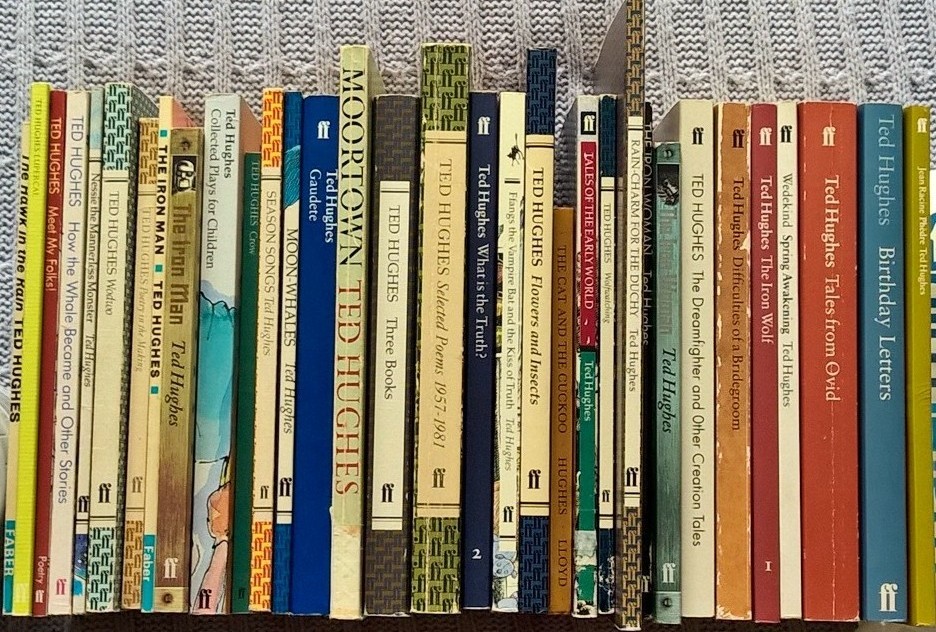Top Five: The Literary Pride of Yorkshire
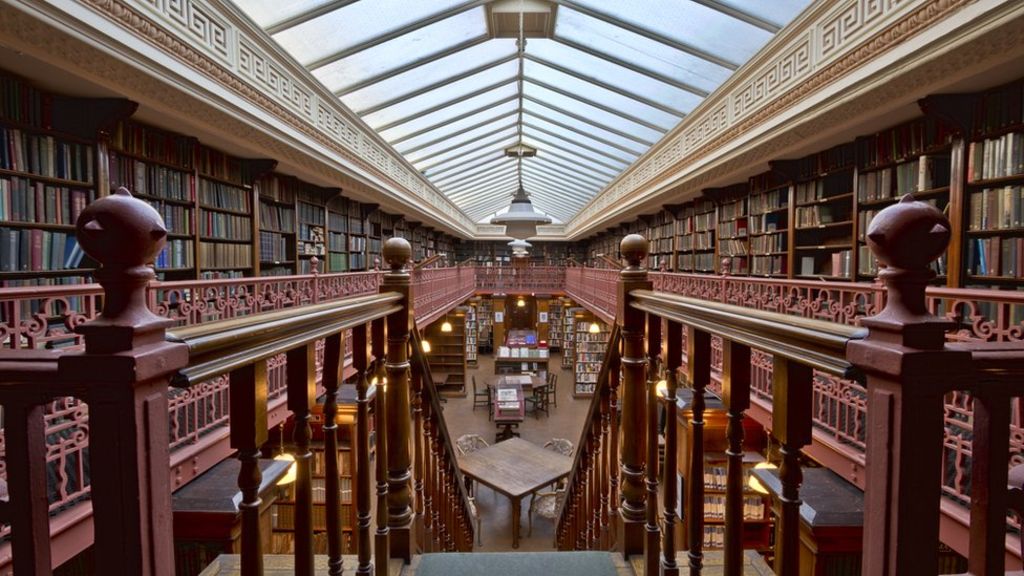
Happy Yorkshire Day! What better time to celebrate some of the county's finest writers, eh?
Many counties in England may compete for the title of most beautiful landscape, the warmth of its people, the charm of its towns and villages, but none can compete with Yorkshire for pure pride.
“And I could find other excuses to get out and sit on the crisp grass and look out over the airy roof of Yorkshire. It was like taking time out of life. Time to get things into perspective and assess my progress.” - James Herriot, All Creatures Great and Small
And they do have a lot to be proud of when you consider the long list of literary greats the county has to boast. We've been pondering over our favourite Yorkshire writers this morning and whittled it down to a top five, which considering the hefty competition will no doubt prove controversial!
1. Alan Bennett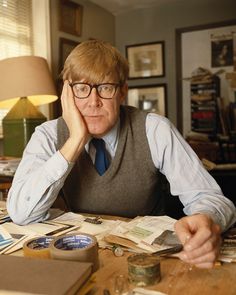
Celebrated playwright, screenwriter, actor and author, Alan Bennett was born in Leeds. He graduated from Oxford University where he studied history and performed with Oxford Revue; finding fame after a performance at the Edinburgh Festival in 1960, he began writing full time. His first play Forty Years On hit the stage in 1968.
Since then Bennett has gone on to pen countless television, stage and radio plays, screenplays, short stories, novellas and a large body of non-fictional prose, even becoming the voice of Winnie the Pooh on popular audio books. His most acclaimed works include The Madness of George III, Talking Heads, The Uncommon Reader, The Lady in the Van, and of course, The History Boys:
“The best moments in reading are when you come across something – a thought, a feeling, a way of looking at things – which you had thought special and particular to you. Now here it is, set down by someone else, a person you have never met, someone even who is long dead. And it is as if a hand has come out and taken yours.” - Alan Bennett, The History Boys
2. Ted Hughes
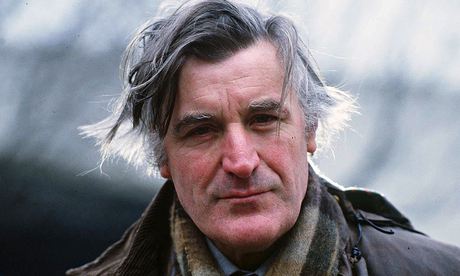
Born and raised in Mytholmroyd, West Yorkshire, Edward James "Ted" Hughes is one of the most celebrated poets of his generation and recognised as one of the century's greatest writers.
Hughes served as Poet Laureate from 1984 until his death and was also a celebrated children's author, penning almost two dozen books, including the acclaimed The Iron Man.
His last collection of poetry, Birthday Letters, broke the silence on his relationship with his wife Sylvia Plath, whose suicide in 1963 had led to much fury toward Hughes from some of her fans. Hughes became the executor of Plath's estate and oversaw the publication of her manuscripts, facing much criticism for destroying the final volume of her journal, which he claimed to have done to protect their young children.
"That's the end of my life. The rest is posthumous." - Ted Hughes on the death of his wife, Sylvia Plath
Following Plath's suicide, Hughes wrote two poems, The Howling of Wolves and Song of a Rat, but following this he did not write again for three years. Another poem, Last Letter was discovered in October 2010, which detailed what happened in the three days leading up to Plath's suicide. Poet Laureate Carol Ann Duffy said it was "the darkest poem he has ever written ... almost unbearable to read".
Wadsworth Moor
Where the millstone of sky
Grinds light and shadow so purple-fineAnd has ground it so long
Grinding the skin off the earth
Earth bleeds her raw true darknessA land naked now as a wound
That the sun swabs and dabsWhere the miles of agony are numbness
And harebell and heather a euphoria. - Ted Hughes
3. The Brontë Sisters
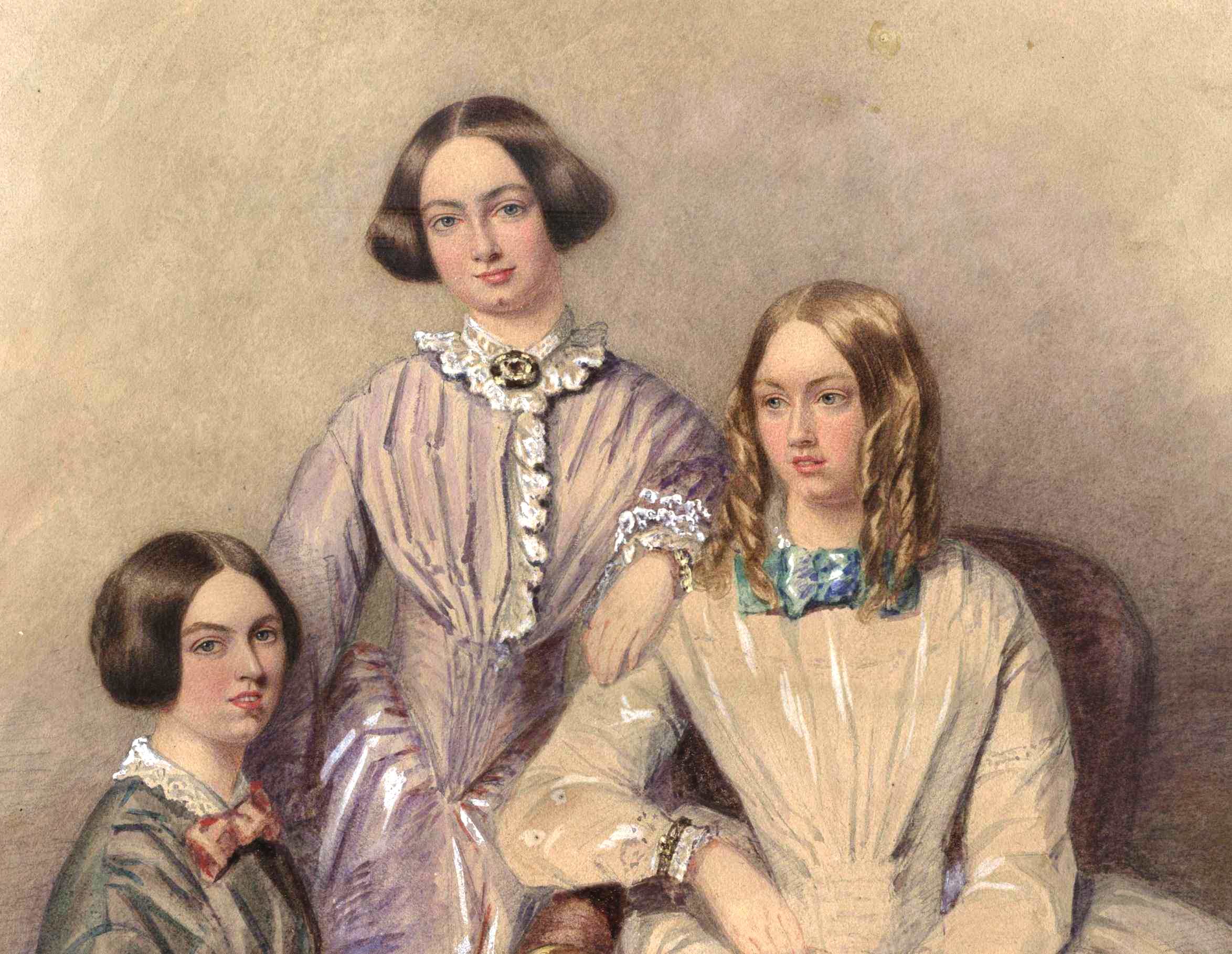
Raised in relative isolation in the village of Haworth in West Yorkshire, the Brontë Sisters produced an incredible body of work between the three of them, including a collection of poetry which they published under the pseudonyms Currer, Ellis and Acton Bell in 1846. They had found it difficult to have the manuscript published under their own names because at the time literature, and particularly poetry, was considered a man's business, and not an appropriate occupation for ladies.
The sisters submitted a packet containing three manuscripts, Charlotte's Jane Eyre, Emily's Wuthering Heights, and Anne's Agnes Grey to a series of publishers with little success, however it was finally accepted by Smith, Elder & Co in 1947. The latter two novels were published as a 'three-decker', with Wuthering Heights appearing in two volumes, and were met with critical acclaim. Jane Eyre, published separately, is said to have established a "dazzling" reputation for Charlotte, though it also came under some criticism, upsetting the traditional moralistic thinking of the time.
"It is in vain to say human beings ought to be satisfied with tranquillity: they must have action; and they will make it if they cannot find it." - Charlotte Bronte
In 1948 Charlotte and Anne found it necessary to travel to London to prove to publishers Smith, Elder & Co that they were indeed independent authors after Thomas Cautlet Newby, who had led the publishing of Wuthering Heights and Agnes Grey, circulated a rumour that the entire body of work was the production of one writer, Ellis Bell (Emily Bronte).
Perhaps the least celebrated by modern audiences, it was actually Anne Bronte's second novel The Tenant of Wildfell Hall which enjoyed the greatest success in 1848, rapidly outselling Wuthering Heights. The novel came under fire from some who claimed it was too course, and even Charlotte wrote to the publishers to condemn her sister's novel. She went so far as to prevent the novel's republication after Anne's death in 1849, leaving The Tenant of Wildfell Hall and Anne in the shadow of her sisters' works for some time.
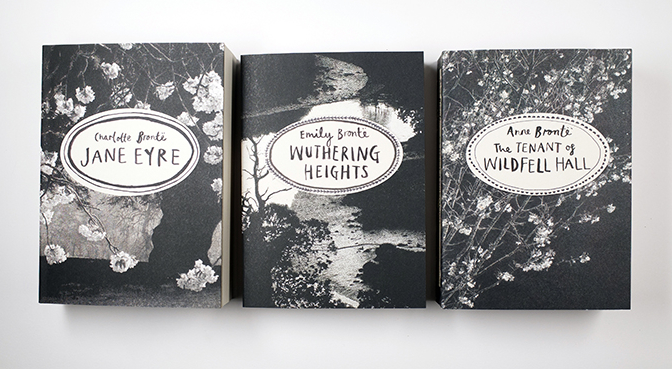
4. WH Auden
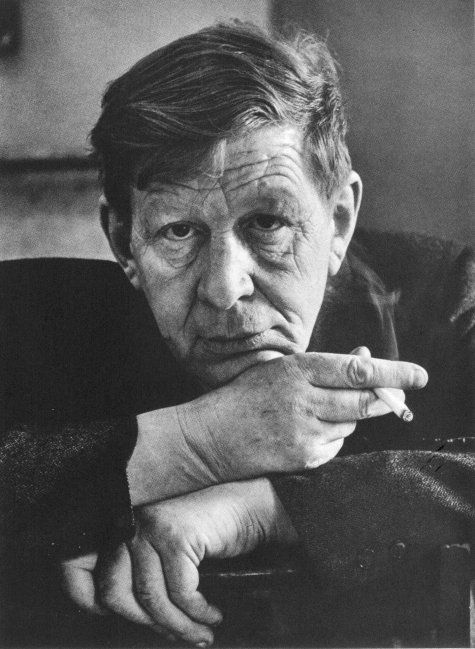
Wystan Hugh Auden was born in York in February 1907 though he spent most of his childhood living in and around Birmingham and later became an American citizen in 1946.
Auden came to public attention with the publication of his first book Poems in 1930, followed by The Orators in 1932. Between 1935-28 he collaborated with Christopher Isherwood on three plays which established his reputation as a left wing political writer. It was partly this which led to his move to the United States. He went on to collaborate with various artists, filmmakers, and musicians during his time there.
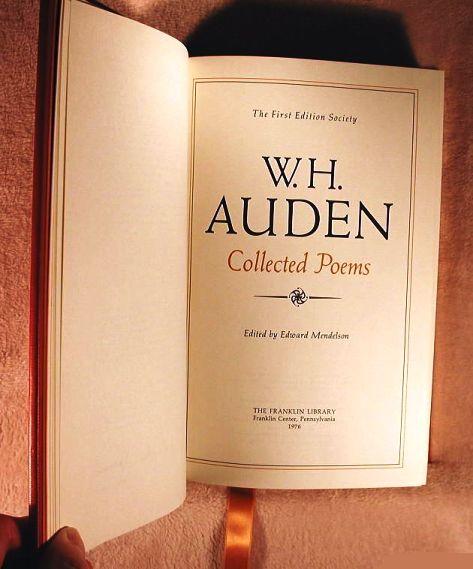 Throughout his career, Auden published in the region of 400 poems, including seven long poems, one of which, The Age of Anxiety, won the Pulitzer Prize in Poetry in 1947. He also wrote more than 400 essays and reviews on various subjects from literature to politics,
Throughout his career, Auden published in the region of 400 poems, including seven long poems, one of which, The Age of Anxiety, won the Pulitzer Prize in Poetry in 1947. He also wrote more than 400 essays and reviews on various subjects from literature to politics,
history to religion.
He rewrote and discarded several of his most famous poems while preparing later collected editions, rejecting those which he felt misrepresented views he'd actually held at the time.
“The image of myself which I try to create in my own mind in order that I may love myself is very different from the image which I try to create in the minds of others in order that they may love me.” - WH Auden
5. Barry Hines
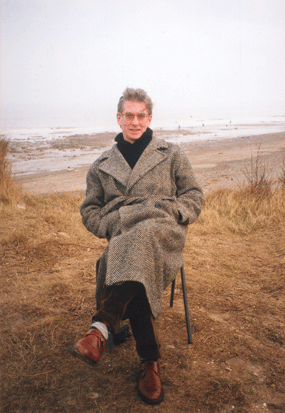 Born in a mining village near Barnsley, Melvin Barry Hines is best known for his for his novel A Kestral for a Knave, published in 1968, which he helped adapt for Ken Loach's 1969 film Kes.
Born in a mining village near Barnsley, Melvin Barry Hines is best known for his for his novel A Kestral for a Knave, published in 1968, which he helped adapt for Ken Loach's 1969 film Kes.
He left school with five O Levels, becoming an apprentice mining surveyor, but he decided to go back to school after a neighbour expressed disappointment that Hines hadn't fulfilled his potential in education. After achieving four A Levels, Hines went on to become a PE Teacher. It was during his time teaching in Barnsley that he began writing novels in the school library after the children had gone home.
During his career, Hines wrote eight novels, seven scripts for radio, film and television and a collection of short stories, collecting several accolades for his works, including Best Contemporary Screenplay at Cannes Film Festival (Looks and Smiles, Ken Loach), Best British Screenplay at the Writer's Guild of Great Britain Awards and a BAFTA nomination for Kes, and several nominations and awards for Threads in 1984.
Hines died at the age of 76 earlier this year after a long battle with Alzheimer's. Tony Garrett, who produced the film Kes, said of the writer after his death:

“His character and his writing were all of a piece. Direct, simple and honest. His simplicity was hewn out of a close analysis of others and their place in a society riven by class interests.
To the end, he knew which side he was on. He had been born to the sound of clogs, on their way to Rockingham pit where his father worked.” - Tony Garrett
Share
Related Articles

Storybarn Book of the Month: Saving the Butterfly
This month, as part of Refugee Week (16-22 June), we've been taking a look back at one of our favourites…

June’s Stories and Poems
This month we are celebrating the natural world, and especially the many wonderful creatures that live within it, with June’s…

April’s Monthly Stories and Poems
Our year of Wonder with The Reader Bookshelf 2024-25 is coming to a close – though we won’t be putting…
